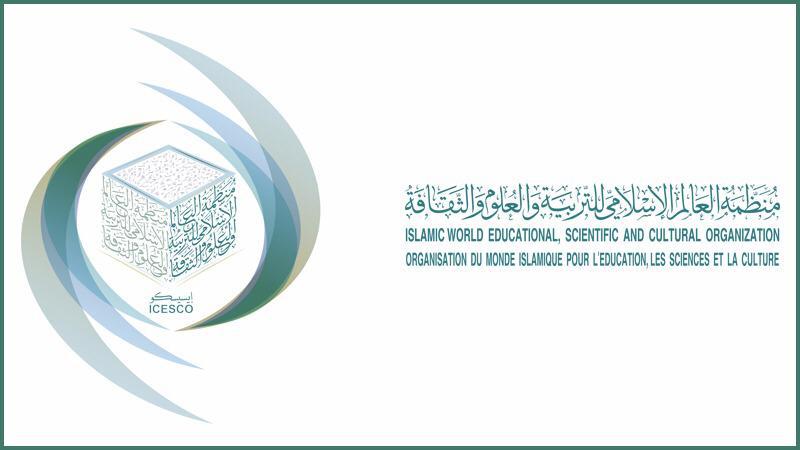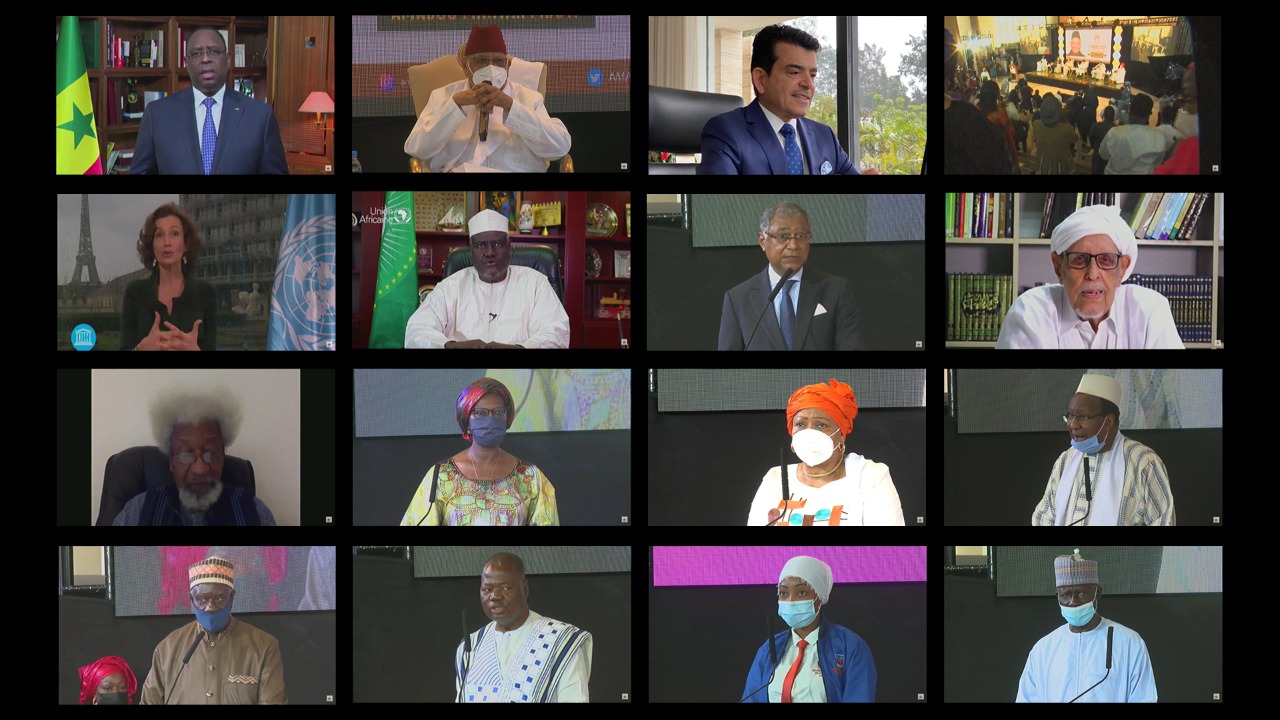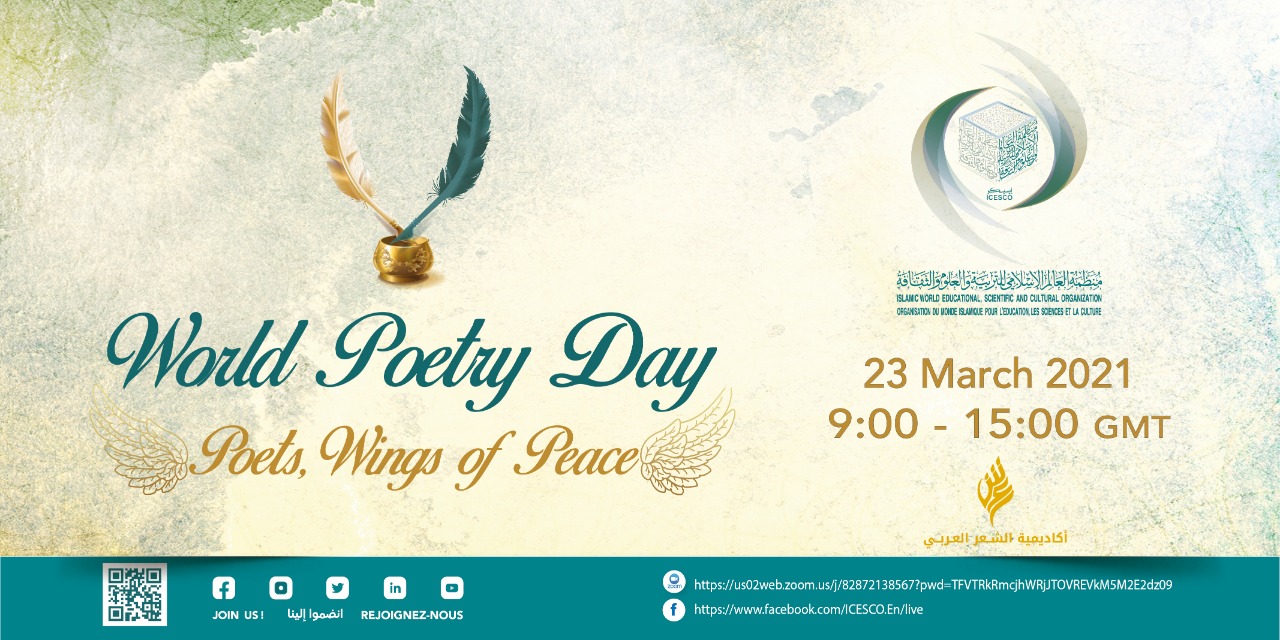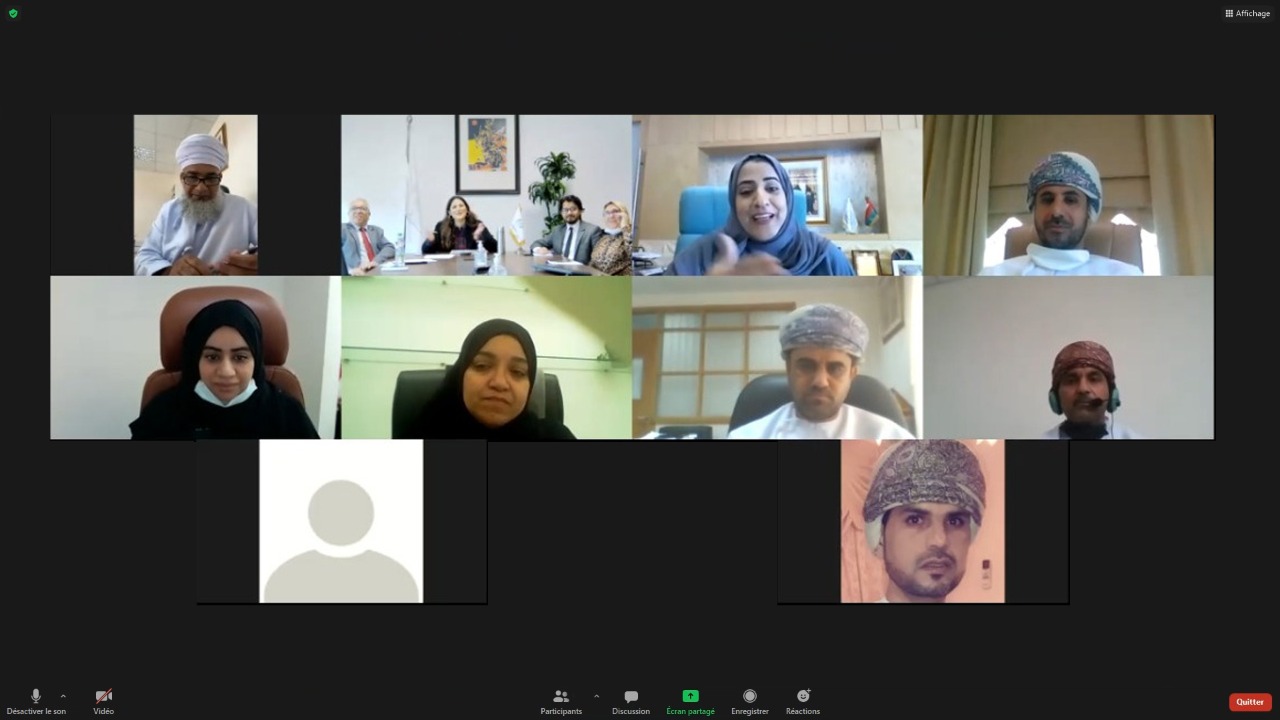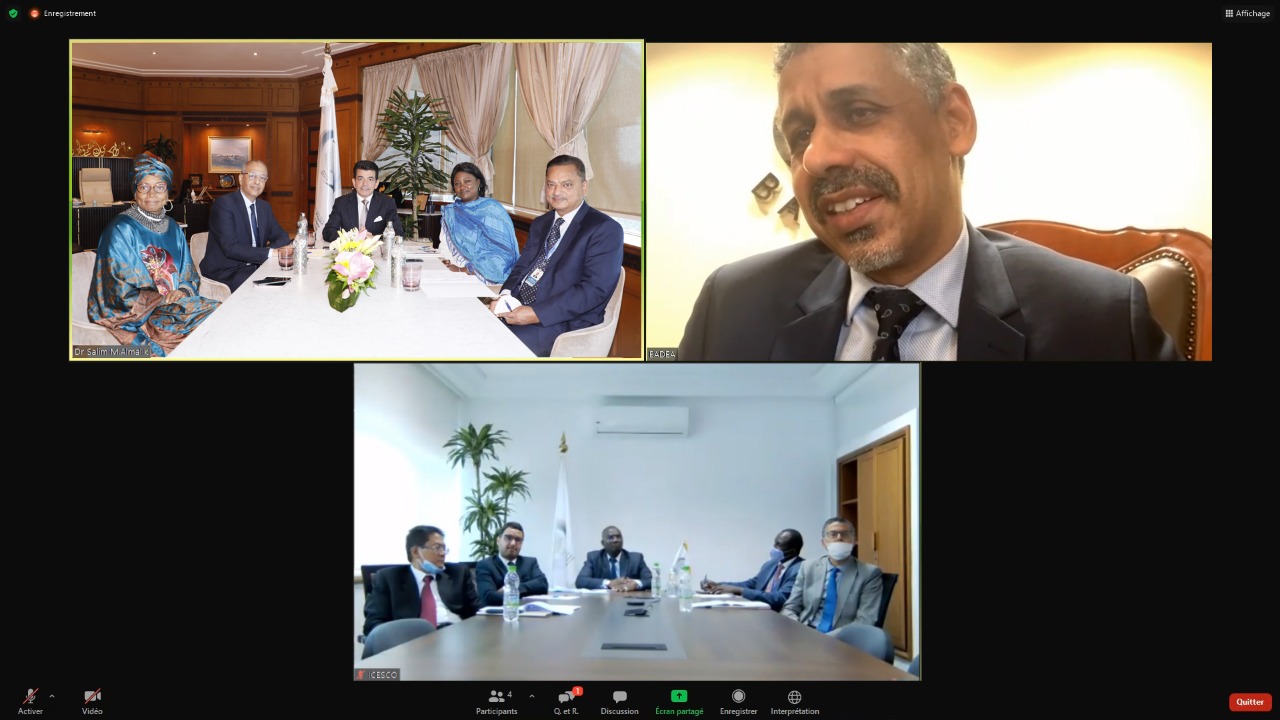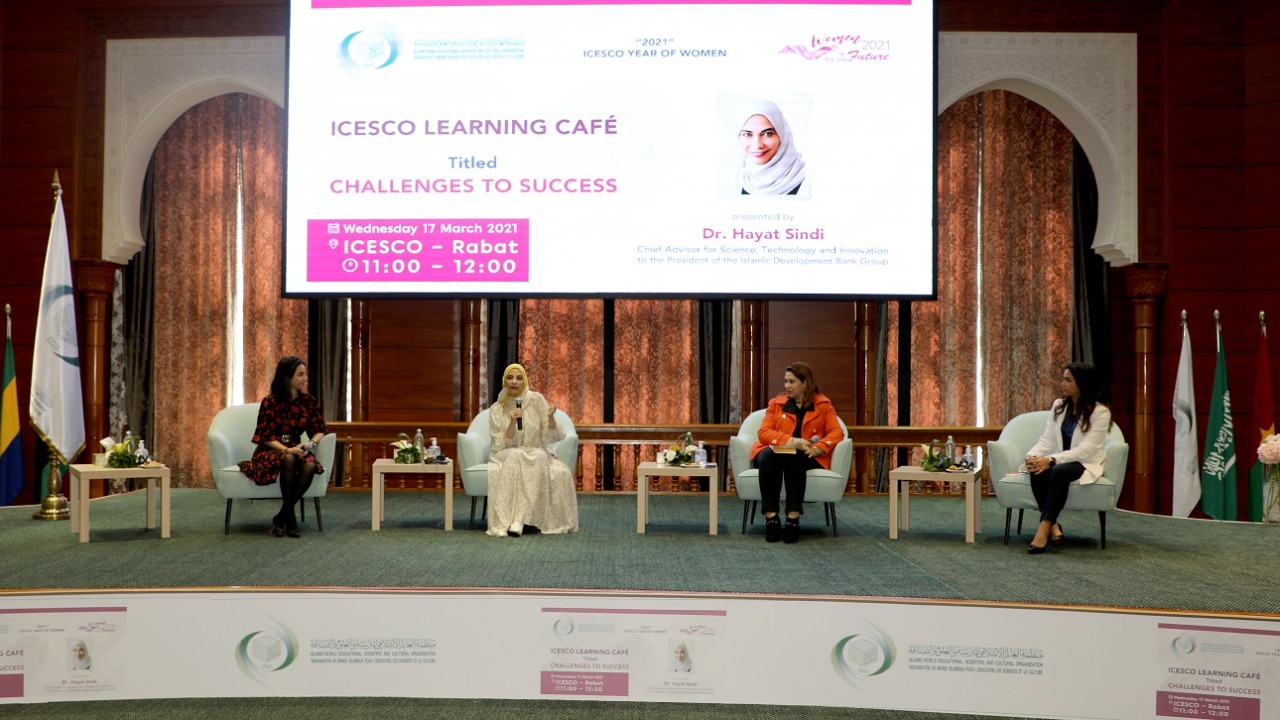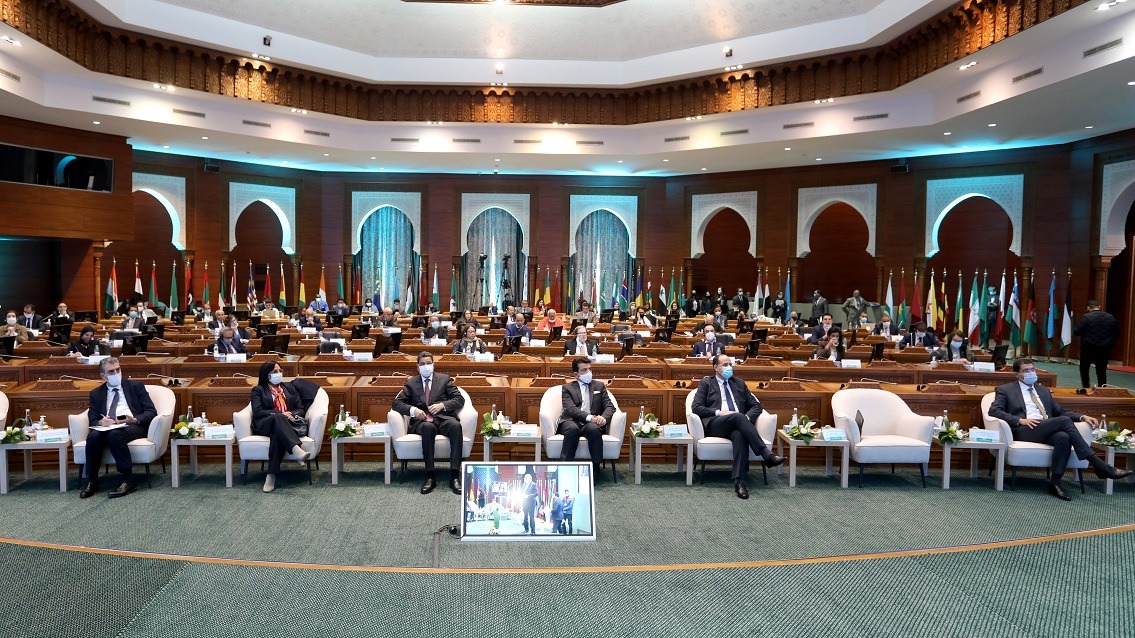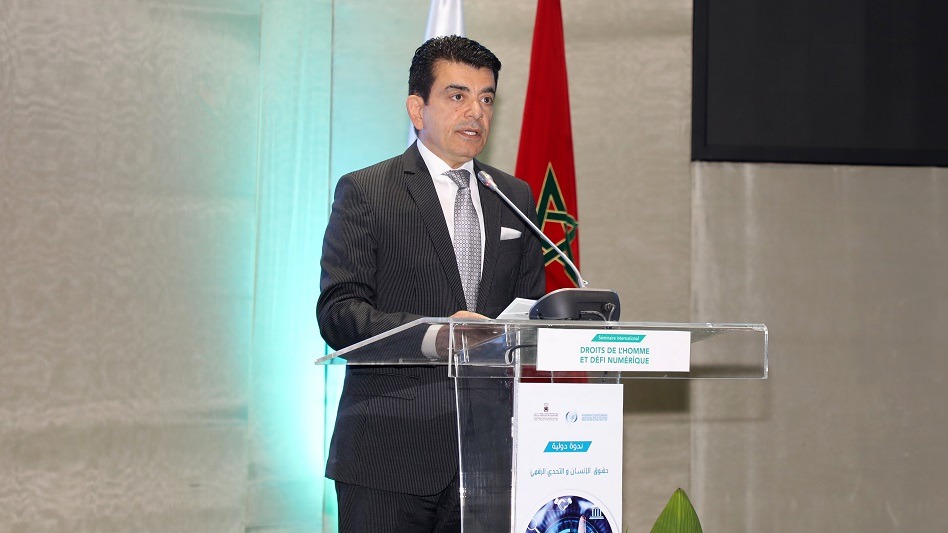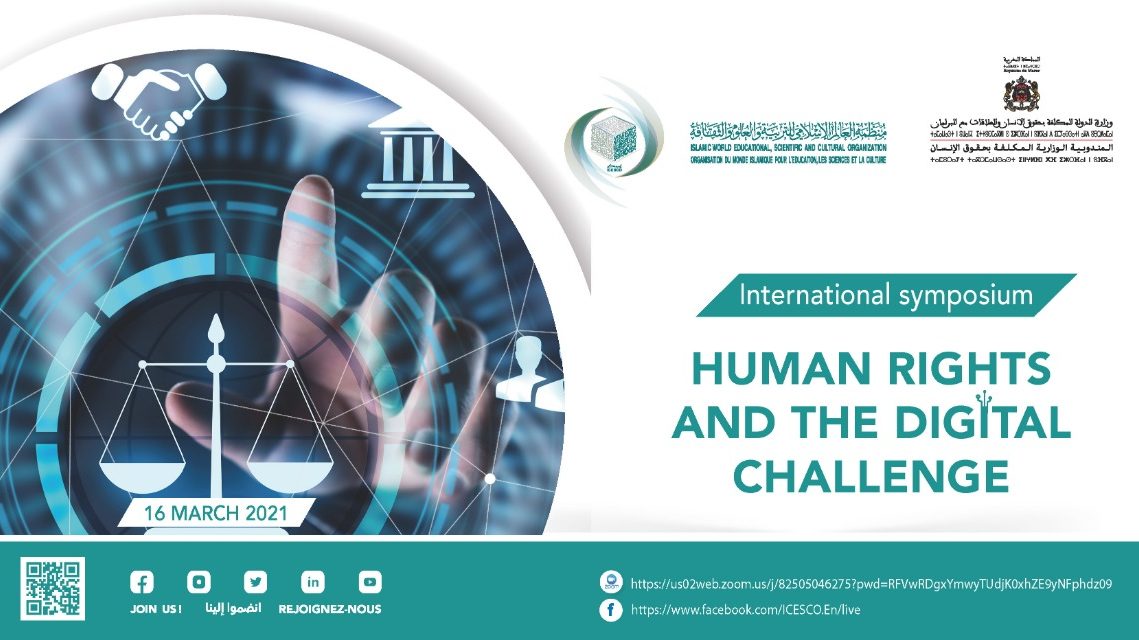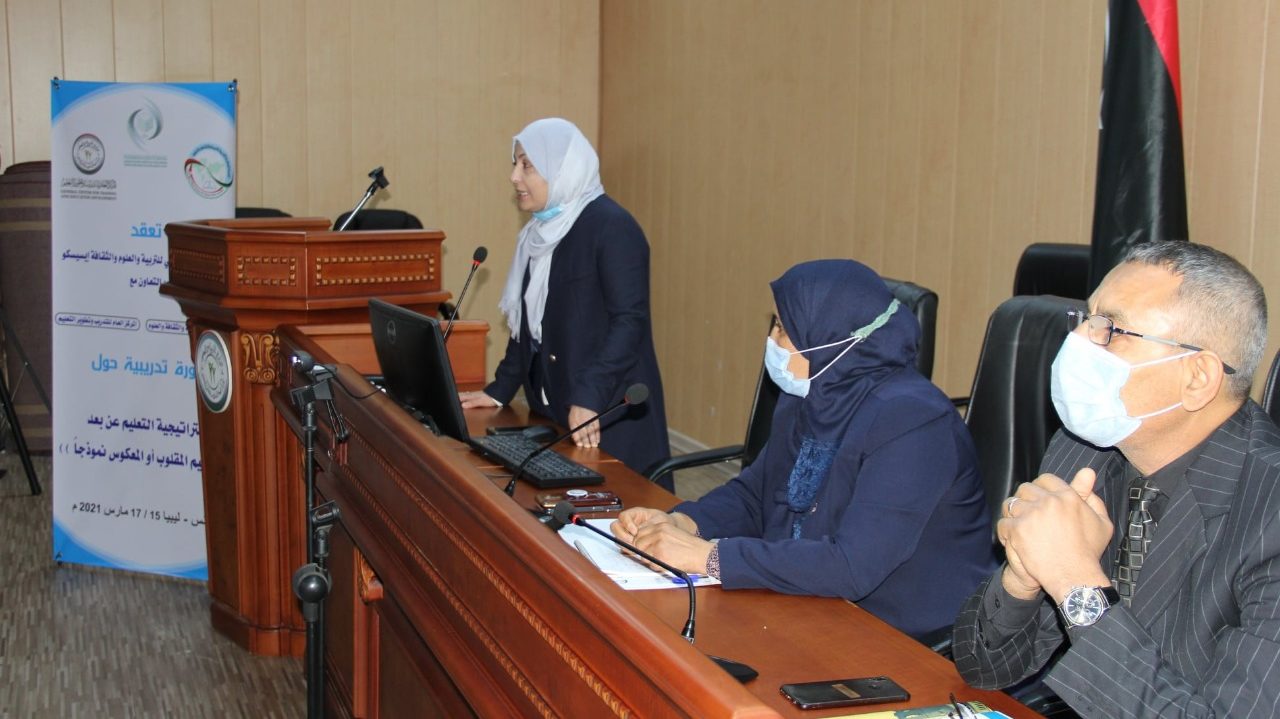There is no doubt that the COVID-19 pandemic we are facing today has shown the importance of safe access to water and sanitation. Yet, even basic practices such as washing hands with soap to avoid the spread of the virus are not available in most households. This precarious situation highlights the importance of investing in innovative water technologies and solutions, water supply systems, sanitation, and hygiene services.
The international community is celebrating the 22 March of each year, the World Water Day. The theme of this year is “Valuing Water.” The Islamic World Educational, Scientific, and Cultural Organization (ICESCO) takes the opportunity to reiterate its commitment to support its Member States to achieve SDG 6 and all water-related SDGs.
Indeed, Integrated management of water resources, improving access to drinking water and sanitation, as well as facing the challenges of water scarcity, remain among the main problems of ICESCO’s Member States. The situation is becoming increasingly difficult when considering the effects of climate change on the water sector. Many countries are in arid regions, vulnerable to climate change and experiencing acute water shortage and frequent drought.
This situation is no longer tolerable. We need to act URGENTLY. Through its strategy on integrated water resource management, our action plans have set up several programs. In 2020, ICESCO has launched the ambitious Programme for Improving Water Sanitation and Hygiene Services in 1000 rural schools in the Islamic World. The programme targets to improve access to water, sanitation, and hygiene by helping the Member States implement their projects in remote areas as well as provide safe and clean water to schools to enhance youth, girls’ health and education conditions. It will rely on using innovative technologies and solutions adapted to remote areas.
Furthermore, ICESCO is supporting the 9th World Water Forum Under the theme “Water Security for Peace and Development”, which will be held next year in Dakar, in collaboration with its partners, a comprehensive capacity building Programme for Transferring Sustainable Water Management Solutions in the Islamic World. This Programme will consolidate knowledge on sustainable solutions transfer of water management techniques and technologies, address water scarcity challenges, and assist Member States to develop financial planning and priority tools to implement relevant water management programmes to address the global agenda in the sector (SDGs).

